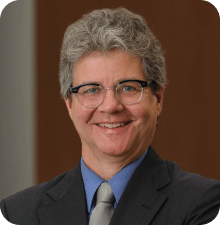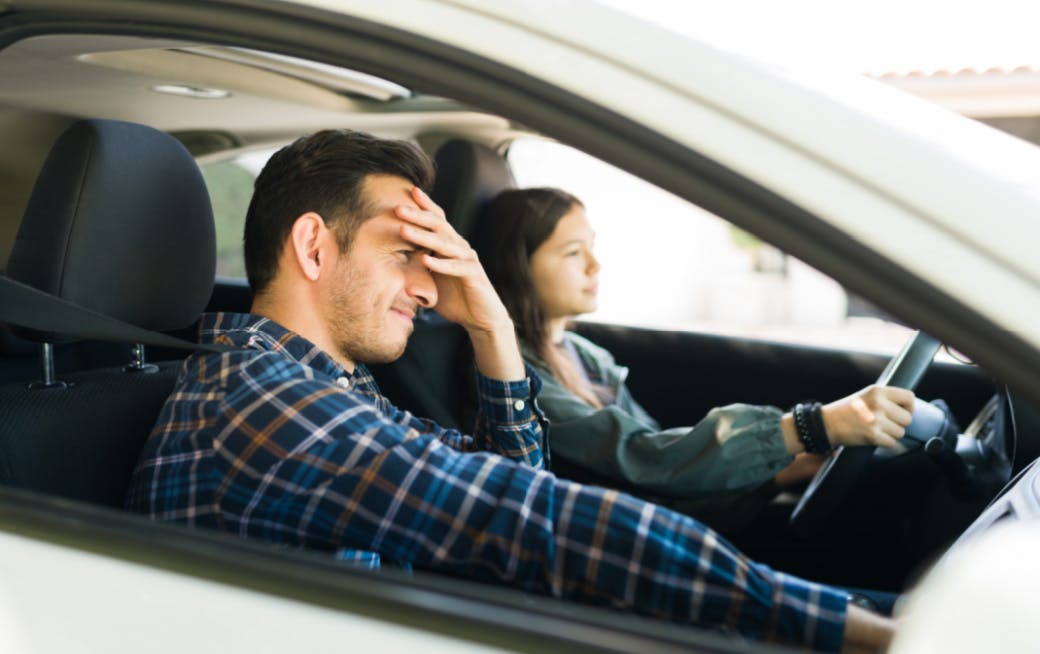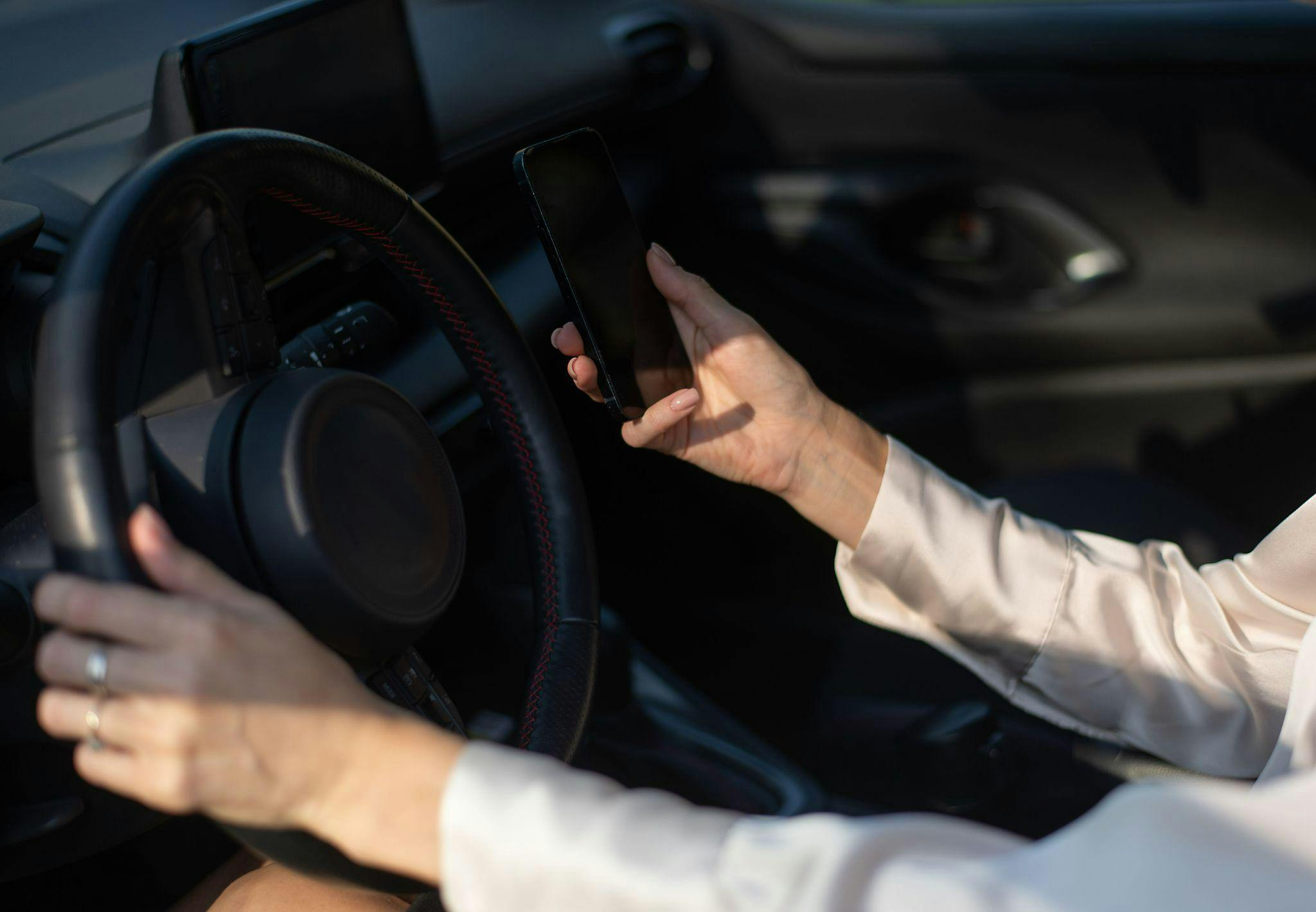MN Students Learning to Avoid Distracted Driving
With school back in session, legal experts this month are helping high school students in Minnesota understand the dangers of distracted driving. According to the Minnesota Department of Public Safety (MDPS), distracted driving killed 74 people in the state last year, a 21 percent jump from two years ago.
Trial lawyers, including Minnesota attorney and partner at SiebenCarey Law, Art Kosieradzki will be visiting schools in several states to help students understand the dangers of not paying attention while behind the wheel.
"How it can not only change the lives of the person you hit, whether they're dead, the trickle-down effect that that will have through their family, their friends, the community," he said.
Kosieradzki will be giving "End Distracted Driving" presentations at Lakeville North and South high schools this month. In all, lawyers working with the American Association for Justice will be giving talks in about 20 schools in five states.
President of the American Association for Justice Julie Braman Kane, said the distracted-driving campaign is part of her group's Trial Lawyers Care program, which was started as one of the service projects in the aftermath of the tragic events of 9/11 in 2001. The idea was to help victims' families get access to free legal advice.
Braman Kane said 15 years later, they want to continue that type of community service.
"Trial lawyers donated in 2001 and thereafter 100 years worth of free service," she said. "What we're trying to do today is commemorate that volunteerism."
Last year, two teens died in Lakeville as the result of distracted driving. The National Highway Traffic Safety Administration reports that 10 percent of teen drivers involved in fatal crashes nationally were distracted while driving.
Kosieradzki said educating teen drivers can help them make better decisions when they get into a car, whether they're the driver or a passenger.
"If you see somebody doing this, whether it's your parents or somebody you're driving with, speak up and say something," he added. "If you're driving and the phone rings, don't answer it. If there's somebody sitting next to you, have them answer it, or turn it off."












